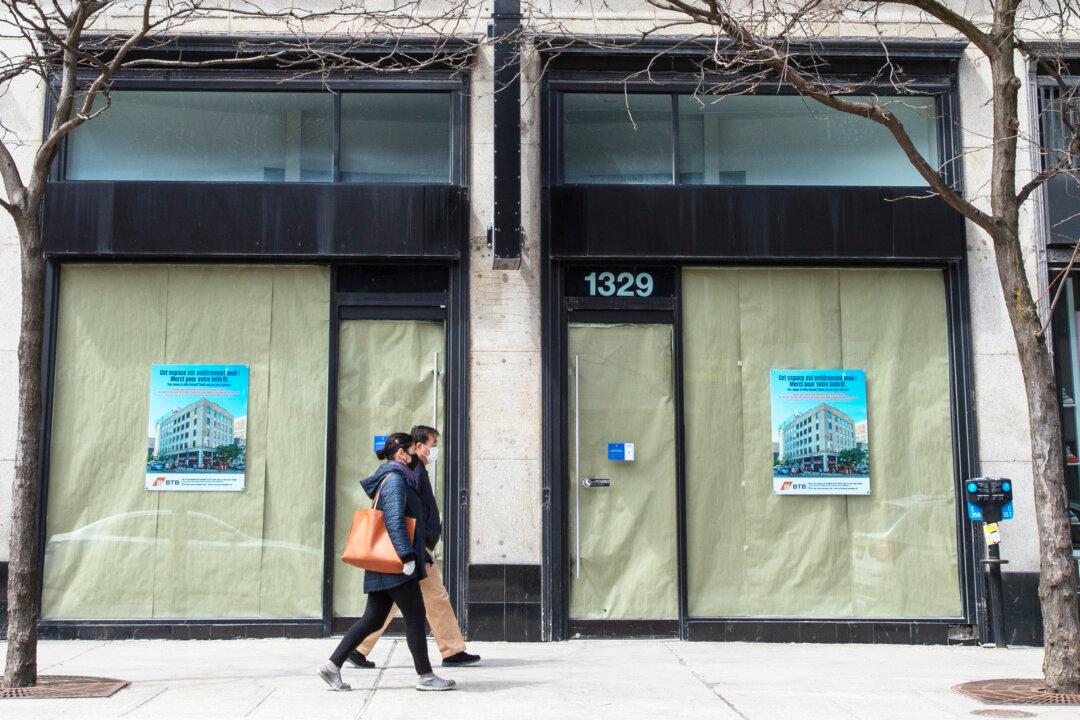OTTAWA—Canadian businesses hardest hit by the COVID-19 pandemic are calling on the federal government to extend emergency relief programs beyond the current deadline of June 5.
The Coalition of Hardest Hit Businesses is calling for the federal wage subsidy and the federal rent subsidy programs to be continued until the end of the year.





